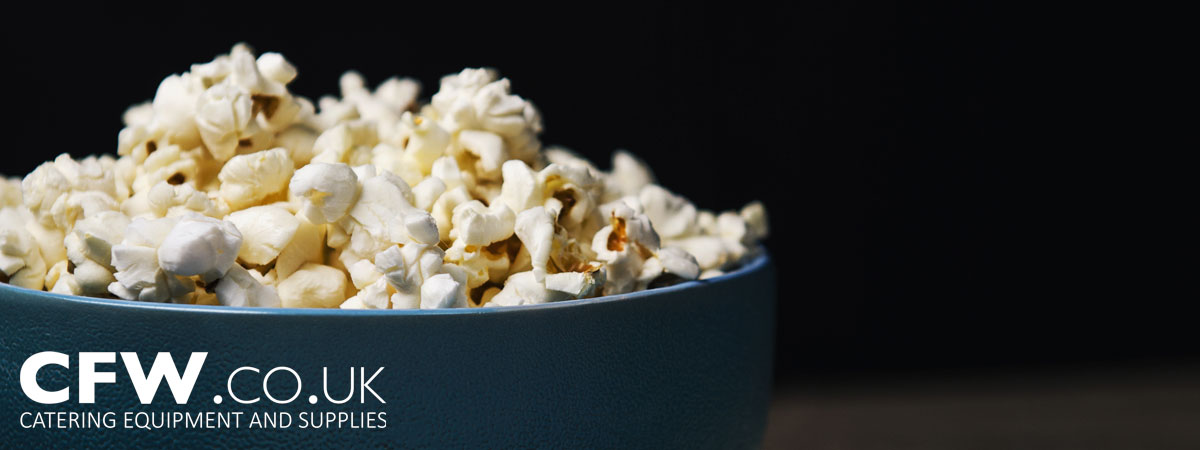
The Chinese can claim the noodle and the Americans invented sliced bread. But it is Britain that is responsible for the sandwich and the chocolate bar, made at Fry’s in Bristol. We invented self-raising flour and Joseph Priestley put the fizz into soft drinks when he carbonated water in a Leeds brewery. We are a nation of firsts and now thanks to the food revolution and the genius of today’s science and technology; a new generation of food stars are emerging whose ideas are setting the pace at home and abroad.
It is an industry where the bright start-ups of today turn into the major players of tomorrow. They are following in the footsteps of successes like Wyke Farms, based on a family farm in Somerset, whose owners, the Clothiers, have turned it into Britain’s biggest independent cheesemaker, producing 14,000 tonnes a year and exporting to 150 countries. If you want to see the inventiveness of the new food stars in action, look at businesses like Heck Food, run by the Keeble family from Bedale, North Yorkshire, which supplies sausages in new flavours like Italian-style chicken to major supermarket chains.
The pace of innovation is accelerating. In 2013, entrepreneurs set up 30,000 new food and drink businesses, a jump of nearly 40% since 2010, with growth in food and drink manufacturing is outstripping the wider economy.
We create 16,000 new products every year, more than France and Germany put together. International investors recognise our flair. That is why Mondelez, whose brands include Cadbury and Maxwell House, has its global research and development base for chocolate in Bournville, and for coffee in Banbury, Oxfordshire. I saw for myself the modern-day Willy Wonkas at Nestle’s research laboratory in York using advanced robotics to perfect new shapes and taste sensations.
Our food stars are riding a wave of technology and excitement about British food. Better broadband and online technology means they can reach export markets from a farm in Bodmin or a dale in Yorkshire. Local producers can sell a taste of their landscape to the world.
The people buying our produce have no interest in outdated stereotypes about the dreary British diet. They want the tasty, exciting reality of what we offer today. Look at our food and drink exports to China, which have more than doubled in the past five years. Or take our booming sparkling wine industry — Chapel Down, Ridgeview and Camel Valley are now appreciated in countries from France to Australia.
Rather than turn their back on our agricultural and industrial heritage, our food stars celebrate where their produce comes from. By linking the land to the final product, they combine tradition and innovation in a taste sensation. The rhubarb grown in Yorkshire’s rhubarb triangle appears in Rhuby Crumble, a cheese now being enjoyed in Paris brasseries. It also gives a distinctive tang to Siberia beer, the most successful export brand of the Ilkley Brewery, which operates in the town where its Victorian forebear set up.
We want to make it easier for these entrepreneurs to connect to the land and run their operations as an integrated chain. That is one reason why we have launched eleven food Enterprise Zones across the country, which will be set up from Cornwall to Cumbria, from Sussex to Lincolnshire. The zones will cut red tape, free up existing businesses to grow and make it easier for new entrepreneurs to find a workshop or a building.
In the South Downs National Park, they want to kick-start a new local dairy economy that goes all the way from cow to fridge. The planned zone will make it easier for farmers to convert disused buildings into workshops where their milk can be made into cheese and yoghurt and then to sell it branded as local produce in newly opened farm shops. The zones are locally designed; and local people will be consulted fully, giving them the chance to contribute their own ideas before the plans are put into practice.
Britain needs this fantastic industry to be at its best. Its sheer scale makes it vital to our future. Three quarters of our land is used for farming. From field to supermarket and restaurant, the food chain generates more than £100bn a year and employs one in eight people. Food and drink is our biggest manufacturing industry, worth more than cars and aerospace combined. The industry is central to our long-term economic plan to build a secure future for Britain and this government has supported the efforts of entrepreneurs in numerous ways, such as by giving every company a £2,000 employment allowance. This is benefiting over 1.25m employers, more than nine in 10 of them small businesses.
As well as remembering great inventors and entrepreneurs like Stephenson and Brunel, we should think of people like Priestley and the Fry family who brought so much of the modern food we enjoy today. Today’s food stars have the enterprise and innovation to once again ensure that food is at the heart of our economy and people are enjoying great British food the world over.
Liz Truss, Environment Secretary




